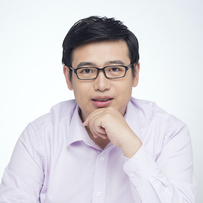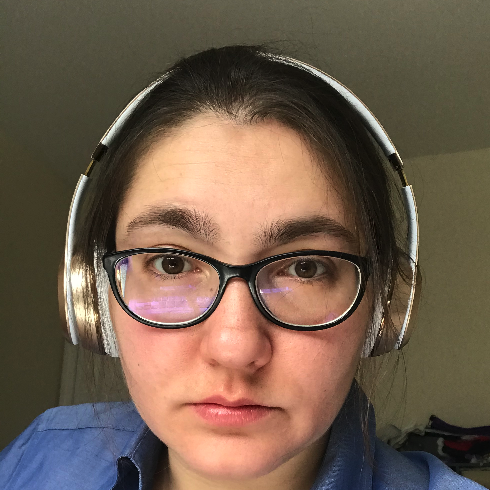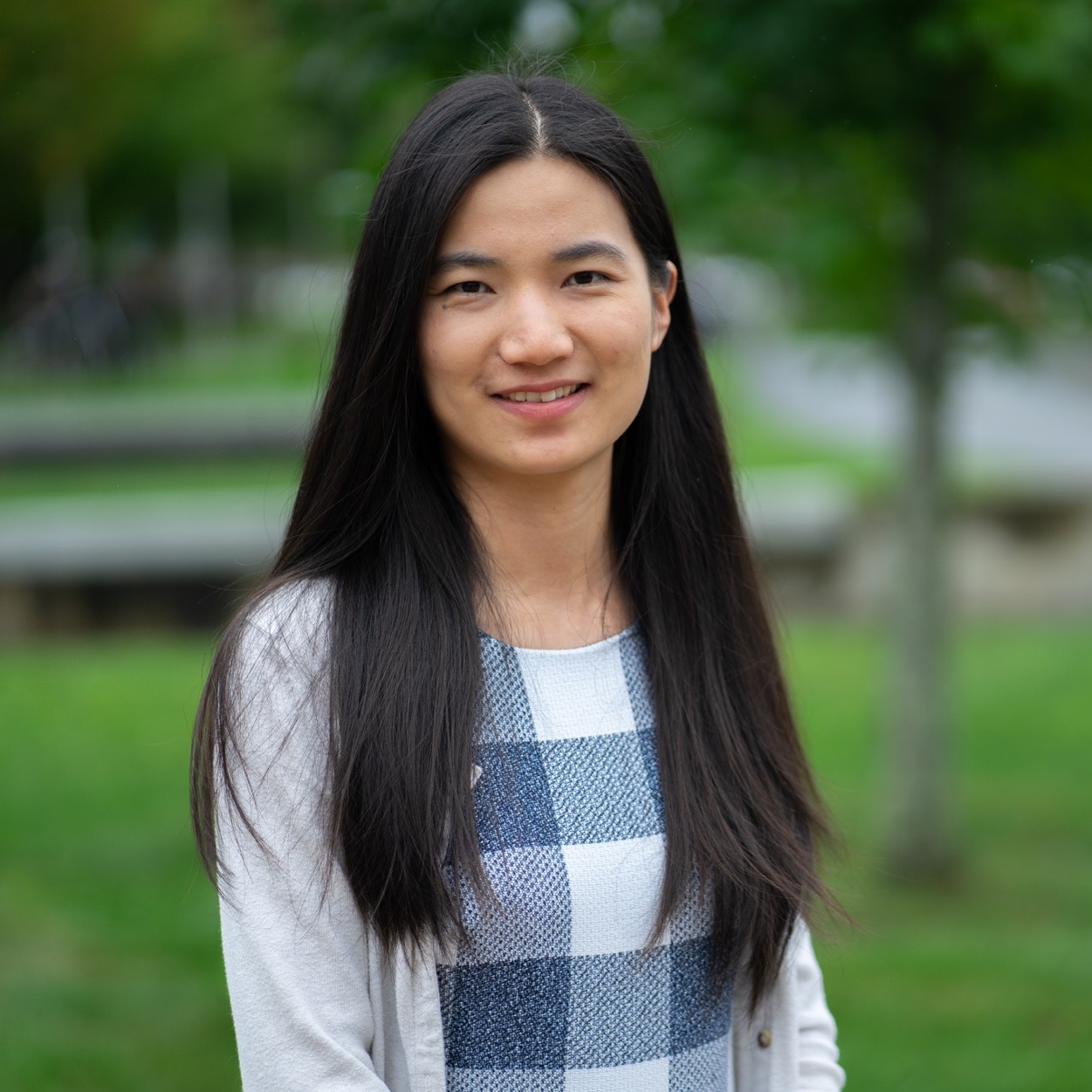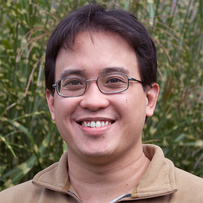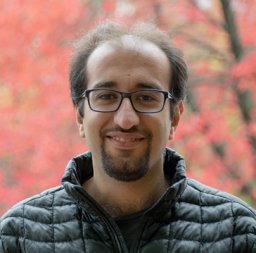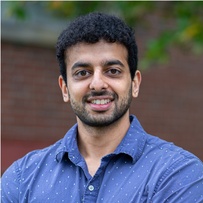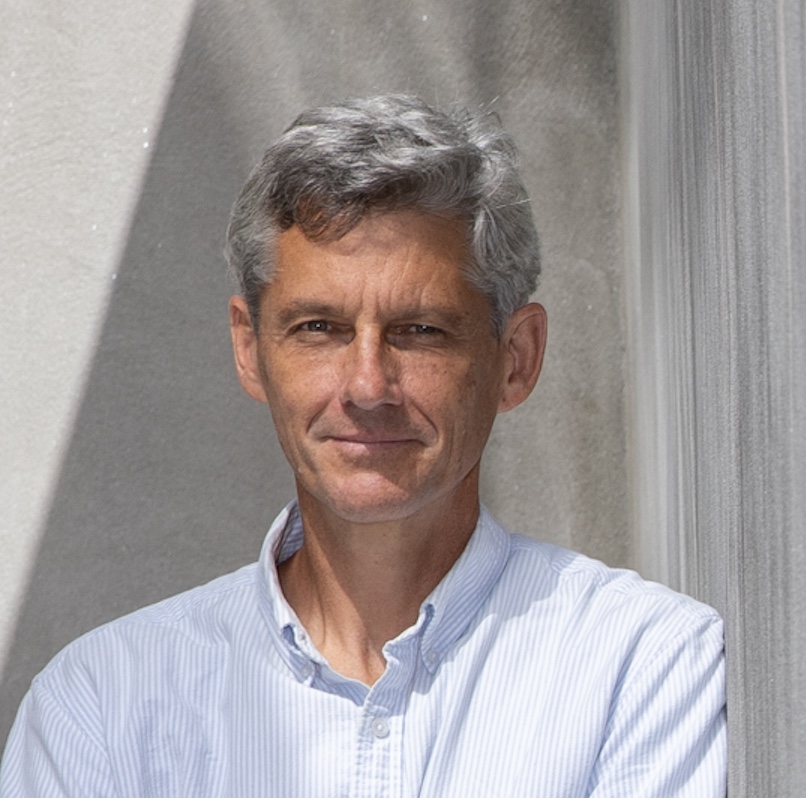Description
The Rising Stars in Generative AI workshop, hosted September 25 by the University of Massachusetts Amherst, is a premier event focused on celebrating and accelerating the careers of exceptional scholars in generative AI at a pivotal moment in their professional journey: the transition to postdoctoral roles, research scientist positions, industry research roles, or tenure-track positions. In its inaugural year, the Rising Stars in Generative AI workshop aims to highlight and support emerging leaders from diverse backgrounds who are pushing the boundaries of artificial intelligence.
This fall, the University of Massachusetts Amherst will showcase innovative and groundbreaking research initiatives in generative AI. The event will provide PhD students and postdocs with the opportunity to engage with leading experts, connect with influential networks, and explore new platforms for their research. The workshop is dedicated to increasing representation and diversity in generative AI by offering a platform and a supportive mentoring network to guide participants through the early stages of their academic and research careers. We encourage all graduate students and postdocs, particularly those from groups underrepresented in AI, to apply, including but not limited to individuals from diverse racial, ethnic, geographic, and socioeconomic backgrounds, sexual orientations, genders, and persons with disabilities.
The one-day workshop will feature career and research panels, networking and mentoring opportunities, and research presentations from the Rising Stars. Participants will gain valuable insights from faculty panels on critical topics such as: how to launch a successful academic career in AI; strategies for sustaining and advancing your career through research collaborations, publications, and skill development; and how to create impactful interdisciplinary collaborations with industry and government partners in the field of AI. Attendees will also be inspired by keynote talks from distinguished leaders at the forefront of generative AI research.
Eligibility & Guidelines
If you have any questions about your eligibility, please contact us at chuangg@umass.edu.
- Applicants must have strong interest in pursuing academic faculty jobs in USA.
- Applicants must be full-time graduate students within 1 year of obtaining a PhD or current postdoctoral scholars, fellows, or researchers.
- We welcome applicants from a broad range of fields and backgrounds: any eligible PhD or postdoc engaging in rigorous, generative AI research is encouraged to apply, but NLP candidates are most preferred.
- Applicants may submit only one application.
Workshop Format
- Rising Star research presentations
- Panels (career development, generative AI research)
- Keynote addresses
- 1:1 meetings with faculty members
- Networking within the University of Massachusetts Amherst generative AI ecosystem
Applications are due September 2, 2024
Applicants should have their PhD advisor send their application materials to chuangg@umass.edu.
- Resume/CV
- Research statement outlining research goals, potential projects of interest, and long-term career goals
- Recommendations indicating support from at least 1-2 faculty members or advisors
| Agenda for Wednesday, Sept 25, 2024 Workshop location: Room 150/151 at Computer Science Building |
|||
|---|---|---|---|
| Time (EDT) | Speaker | Affiliation | Research Interest |
| 9:15-10:00 AM | Chair and Faculty Welcome | ||
| 10:00-10:30 AM | Wenting Zhao | Cornell Tech | Natural Language Processing and Machine Learning |
| 10:30-11:00 AM | Pratyusha Sharma | Massachusetts Institute of Technology | Language, reasoning and sequential decision making |
| 11:00-11:30 AM | Coffee Break | ||
| 11:30 AM-12:00 PM | Tim G. J. Rudner | New York University | Generative AI, healthcare, and scientific discovery |
| 12:00-12:30 PM | Jiayuan Mao | Massachusetts Institute of Technology | Concept Learning and Language Acquisition / Reasoning and Planning / Scene and Activity Understanding |
| 12:30-1:30 PM | Lunch Break | ||
| 1:30-2:00 PM | Abhilasha Ravichander | University of Washington | Building robust systems to process natural language |
| 2:00-2:30 PM | Sarah Wiegreffe | University of Washington | Interpretability methods for deep learning applied to natural language processing |
| 2:30-3:00 PM | Coffee Break | ||
| 3:00-3:30 PM | Michael Saxon | University of California, Santa Barbara | Generative AI artifacts, evaluations of new capabilities, automated metrics for text-to-image systems |
| 3:30-4:00 PM | Kristina Gligoric | Stanford University | Computational approaches to address societal issues; biases, limitations, and social implications of AI in social contexts |
| 4:00-4:30 PM | Xiang Yue | Carnegie Mellon University | Reasoning capabilities, responsibility and reliability of large language models |
| 4:30-5:00 PM | Closing Remarks | ||
| 6:00-8:00 PM | Dinner Receptions (Invitations only) Location: Hadley room, 10th floor of the Campus center |
||

